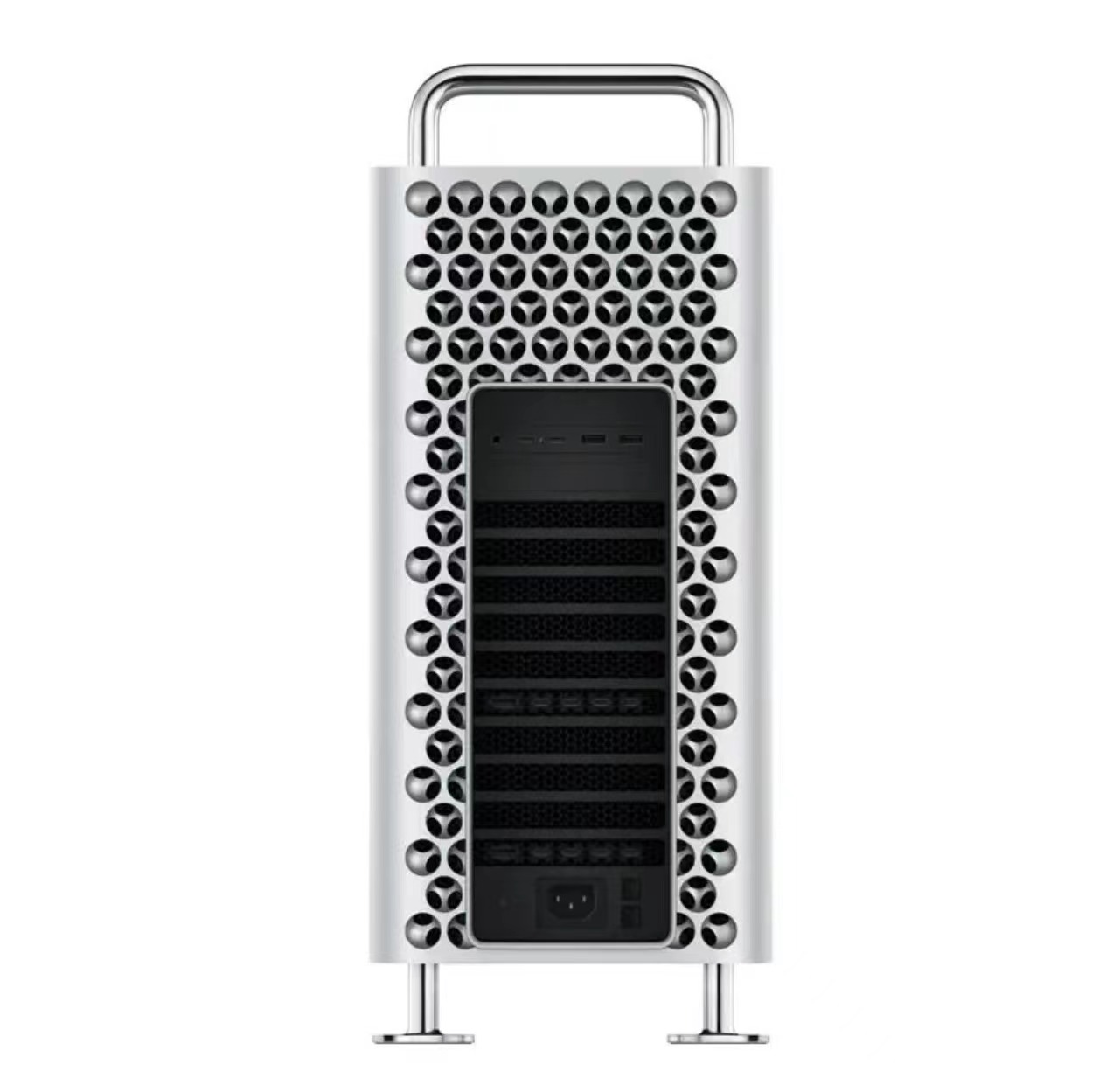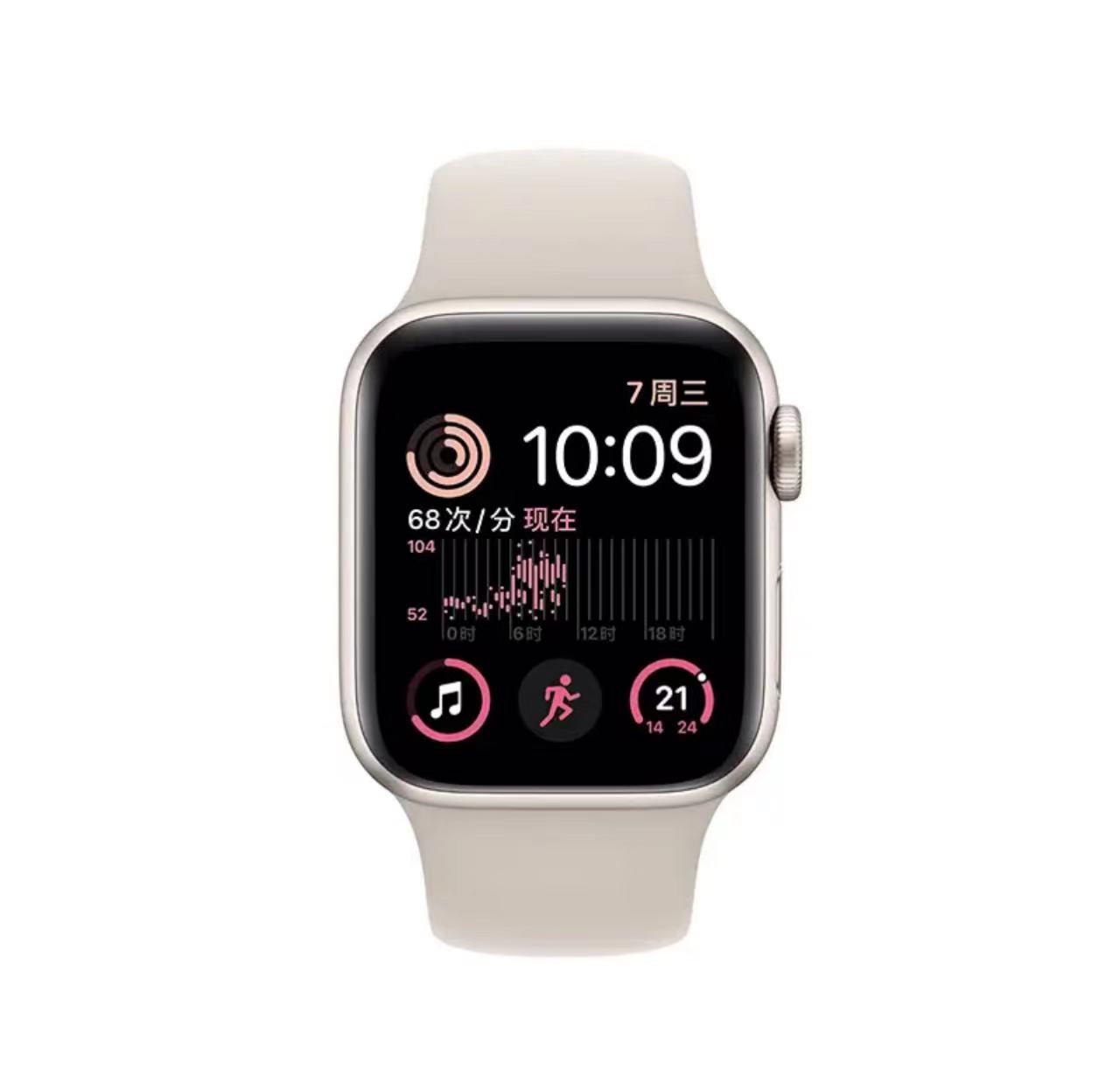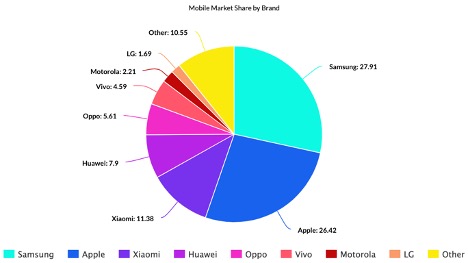1. AI Lacks Emotional Intelligence
Emotional intelligence is one distinguishing factor that makes humans forever relevant in the
workplace. The importance of emotional intelligence in the workspace cannot be
overemphasized, especially when dealing with clients.
As social animals, one basic, undeniable need of humans is the need for emotional connection
with our kind. We achieve this connection through the chemical and biological interaction of
several hormones and emotions between the parties involved. AI does not possess it as it
comprises software and chips, not biological cells.
Good business owners and company executives understand the importance of appealing to the
emotions of staff and clients. A machine can't achieve such levels of human connection,
while, as a human, there are ways to increase your emotional intelligence.
Regardless of how well AI machines are programmed to respond to humans, it is unlikely that
humans will ever develop such a strong emotional connection with these machines. Hence, AI
cannot replace humans, especially as connecting with others is vital for business
growth.
2. AI Can Only Work With Inputted Data
AI can only function based on the data it receives. Anything more than that would take on
more than it can handle, and machines are not built that way. So, when the data inputted
into the machine does not include a new area of work, or its algorithm does not include
unforeseen circumstances, the machine becomes useless.
These situations are common in the tech and manufacturing industries, and AI builders
constantly try to find temporary workarounds. The idea that AI tools will adapt to any
situation is one of several common myths around artificial intelligence.
Therefore, if you fear that AI may infiltrate all industries and eliminate the demand for
your professional skills, you can rest assured that won't happen. Human reasoning and the
human brain's power to analyze, create, improvise, maneuver, and gather information cannot
easily be replicated by AI.
3. AI’s Creative Process Is Limited to the Data It Receives
When brainstorming creative concepts and ways of doing work, AI lacks this human ability
because, as already established, AI can only work with the data it receives. Hence, it
cannot think up new ways, styles, or patterns of doing work and is restricted to the given
templates.
Employers and employees know how important creativity is in the workspace. Creativity offers
the pleasant sensation of something new and different instead of the boring, repetitive
actions in which AI is designed to function. Creativity is the bedrock of innovation.
Related to creative thinking is the ability to think outside the box. Machines are designed
to "think within the box." That means AI tools can only function within the dictates of
their given data.
On the other hand, humans can think outside the box, sourcing information from various means
and generating solutions to complex problems with little or no available data. Since AI does
not possess the ability to think out of the box and generate creative ideas for innovation,
AI cannot take over humans in the workspace.
4. AI Does Not Have Soft Skills
Soft skills are a must-have for every worker in the workspace. They include teamwork,
attention to detail, critical and creative thinking, effective communication, and
interpersonal skills, to mention but a few. These soft skills are in demand in every
industry, and you must develop them to succeed professionally.
Humans are taught and required to possess these skills; developing them is valuable for
everyone, regardless of position. Company executives need them to thrive, as do a team of
field workers in any industry. Hence, these soft skills give you the upper hand in the
workspace over AI.
However, soft skills are alien to machines with artificial intelligence. AI cannot develop
these soft skills critical to workplace development and growth. Developing these skills
requires a higher level of reasoning and emotional intelligence.
5. Humans Make AI Work
There would be no artificial intelligence without human intelligence. The term artificial
intelligence means humans design it. Humans write the lines of code with which AI is
developed. The data AI machines operate with are inputted by humans. And it is humans that
use these machines.
As AI application continues to grow, so will the services of humans. Someone has to design
the machine's AI processes, create these machines, operate, and maintain them. Only humans
can do this. Standing on these facts, you can boldly dismiss any speculations of AI
overriding humans in the workspace.
6. AI Is Meant to Complement Human Ability and Intelligence, Not Compete With It
Artificial intelligence applications are indeed gaining ground in the workplace, and they
will replace many jobs people perform today. However, the jobs it takes are limited to
repetitive tasks requiring less intense reasoning. Additionally, evolving workplace demands
will create new roles for humans as the world moves towards a more integrated tech
landscape.
A report by the World Economic Forum shows that while machines with AI will replace about 85
million jobs in 2025, about 97 million jobs will be made available in the same year thanks
to AI. So, the big question is: How can humans work with AI instead of being replaced by it?
That should be our focus.
Because in this present age, it will be difficult, if not impossible, to live without AI, and
without humans, there would be no artificial intelligence. Forward-thinking organizations
are already developing ways to incorporate human capabilities and AI to attain higher levels
of productivity and innovation.
































